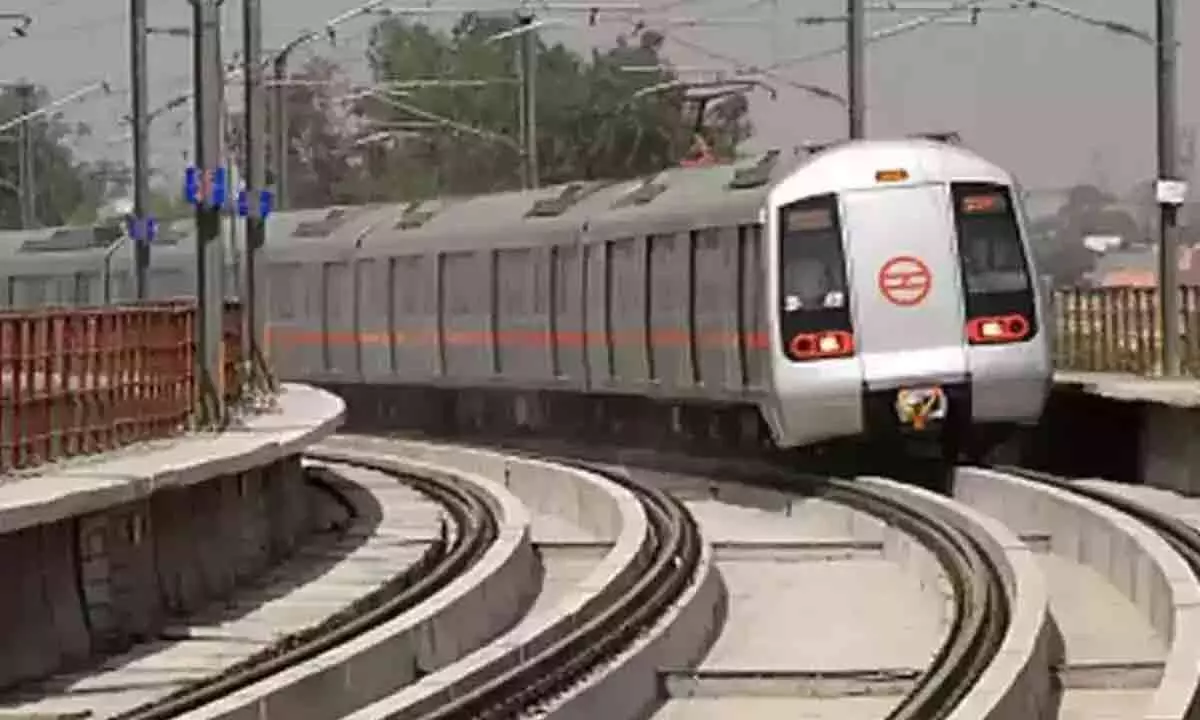Delhi Metro Increases Services By 20 Train Trips To Tackle Rising Pollution

- 1. Delhi Metro takes action to combat rising pollution levels by adding 20 extra train trips to its network, in response to the implementation of Stage III of the Graded Response Action Plan.
- 2. This move aims to encourage more people to use public transportation in Delhi and the NCR region as the city grapples with 'severe' air quality conditions.
Delhi Metro has responded to the escalating pollution crisis in Delhi and its neighboring cities by announcing the addition of 20 extra train trips across its network, starting from November 3. This decision comes in the wake of measures taken by pollution control authorities aimed at promoting the use of public transportation.
At 5 pm, Delhi's Air Quality Index (AQI) reached a concerning level of 402, prompting the Central Pollution Control Panel to enact Stage III of the Graded Response Action Plan (GRAP), a protocol designed to address pollution issues during the winter season.
In a statement, the Delhi Metro Rail Corporation (DMRC) explained, "In view of the implementation of GRAP-III stage to combat pollution in Delhi, the DMRC will be further adding 20 extra trips across its network starting tomorrow, i.e., on November 3, 2023."
This initiative builds upon the 40 additional train trips already introduced by the Delhi Metro on weekdays (Monday-Friday) starting from October 25, coinciding with the commencement of GRAP-II.
Consequently, the DMRC will now operate a total of 60 extra train trips to encourage more residents to utilize public transport in the Delhi-NCR region.
In response to the deteriorating air quality in the city, the Central Pollution Control Panel has also issued directives to ban non-essential construction activities in Delhi-NCR and to restrict the entry of diesel-heavy trucks into the capital.
The Graded Response Action Plan (GRAP) classifies actions into four stages based on the Air Quality Index (AQI): Stage I - 'Poor' (AQI 201-300), Stage II - 'Very Poor' (AQI 301-400), Stage III - 'Severe' (AQI 401-450), and Stage IV - 'Severe Plus' (AQI >450).
Stage III of GRAP entails a complete suspension of construction and demolition work, with exceptions made for essential government projects, mining, and stone crushing activities. This comprehensive response seeks to mitigate the adverse effects of air pollution and protect public health during this challenging period.








